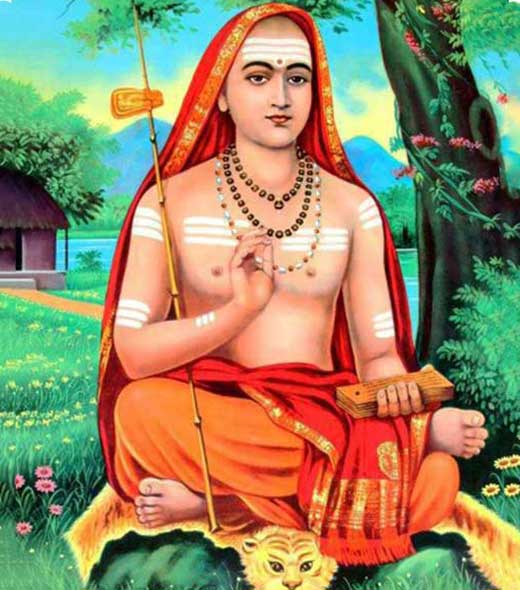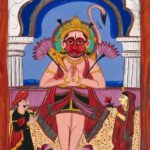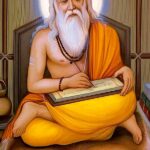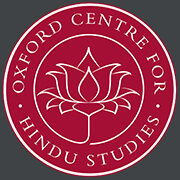Vedanta and Samkhya Philosophy

In this course, we will cover two of the six Indian philosophical systems, Vedanta and Samkhya. In the course, we will include a close look at the life and teachings of Shankaracharya, the great teacher of Advaita. Enrolling on this course is the perfect introduction to Hindu philosophy.
We will begin with a brief look at all six systems of Hindu Philosophy before considering Vedanta and Samkhya in greater detail. After this, we will delve into individuals such as Ramanuja and Madhvacharya. We will look at how these philosophers contributed to the Vedanta philosophy.
To learn more about this course, read the course breakdown below. To view other courses, click here.
Start Date: 26 April 2026
Course Duration: Seven Weeks
119 pages
On-Demand Video
The main video component of your course. On-demand means you can watch at the time that suits you.
6hr 50min
Community Discussions
These free Zoom sessions are not part of your main course materials. They are led by OCHS-affiliated scholars and open to students enrolled in any course.
Explore other areas of Hindu studies! Meet tutors and students from other courses!
Session One: An Introduction to Advaita Vedanta
We begin our study with the Advaita school of Vedanta. We pay particular attention to the teachings of Shankaracharya.
Session Two: The Life and Works of Shankaracharya
There are said by some sources to be ten biographies of Shankaracharya. Of these, only five seem to exist today, the best known of which is called the Shankara Digvijaya, written by Madhava Vidyaranya in the fourteenth century.
Session Three: The Teachings of Shankaracharya
We look at Shankaracharya’s ideas. These are largely built upon the teachings of the Upanishads, on the aphorisms of the Vedanta Sutras, and on the writings of earlier acharyas, most notably Gaudapada.
Session Four: Ramanuja and Visishtadvaita
In this session we are going to look at another of the main schools of Vedanta, the Visishtadvaita (visishta advaita). This is generally associated with the work of Ramanujacharya, a Tamil Brahmin teacher who lived in the South of India in the 11th century AD.
Session Five: Madhvacharya and the Dvaita Vedanta
The contribution of Madhvacharya to the overall system of Vedanta is too often minimised or overlooked altogether. We take a look at his work and its relevance.
Session Six: Understanding Samkhya
There are few today who would identify themselves as adherents of the Samkhya system of religious philosophy. However, this was not the case in the past when Samkhya appears to have rivalled Vedanta. We might classify Samkhya, along with Vaiseshika and Nyaya, as an interesting ancient phenomenon but no longer of any great relevance to the contemporary Hindu tradition. To do so would, however, be a mistake, for despite there being few overt manifestations of Samkhya, it continues to have a significant influence over Indian religious thought.
Session Seven: The Samkhya-Karika
For this second of our two sessions on Samkhya we focus on a close reading of the Samkhya Karika, which is widely accepted as the principal text outlining the ideas of the Samkhya system.
Associated Courses
Your Tutor

Dr Raj Balkaran
Dr Raj Balkaran is a scholar of Sanskrit narrative texts and the author of The Goddess and the King in Indian Myth (Routledge 2018), The Goddess and the Sun in Indian Myth (Routledge 2020). Having taught comparative religion and mythology at the University of Toronto School of Continuing Studies for a decade, he now Tutors at the Oxford Centre for Hindu Studies where he also serves on the Continuing Education Department’s Course Development Board. Alongside his academic training, he has received extensive spiritual training as part of an oral tradition dedicated to the transmission of Indian wisdom teachings. Integrating his academic and spiritual training, he has founded the online School of Indian Wisdom where he designs and delivers original online courses centred on the practical life wisdom to be found in the philosophical, mythological and spiritual traditions of ancient India. Beyond teaching and research, Dr Balkaran runs a thriving life consulting practice and hosts the New Books in Indian Religions podcast.





